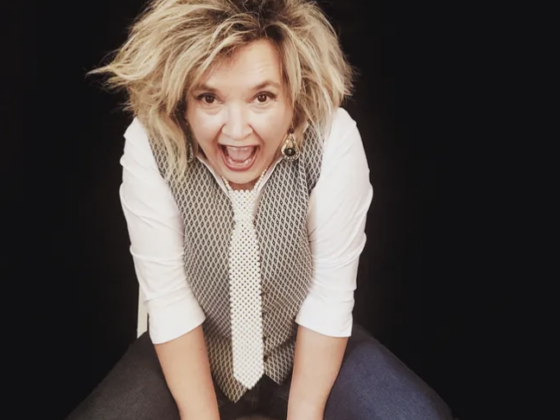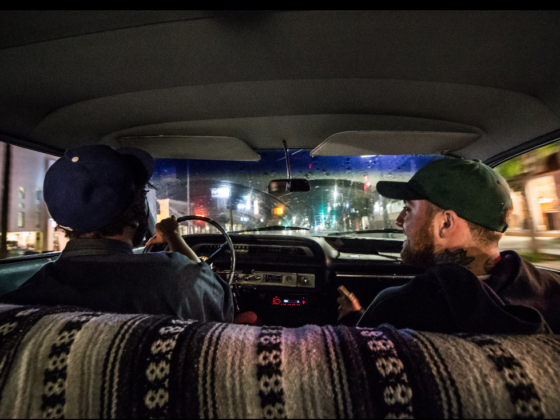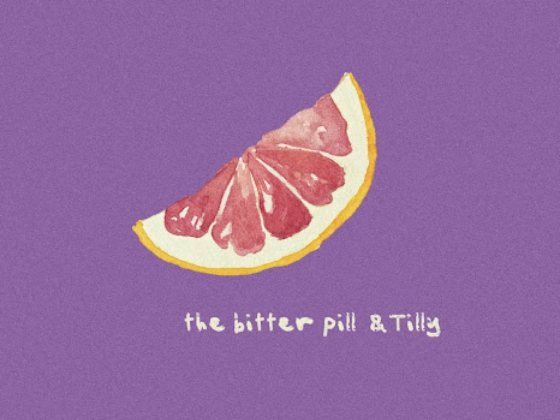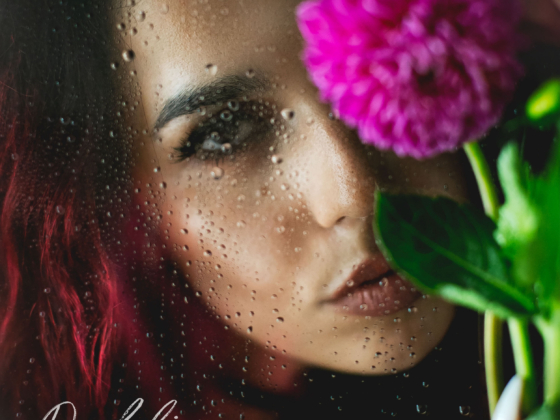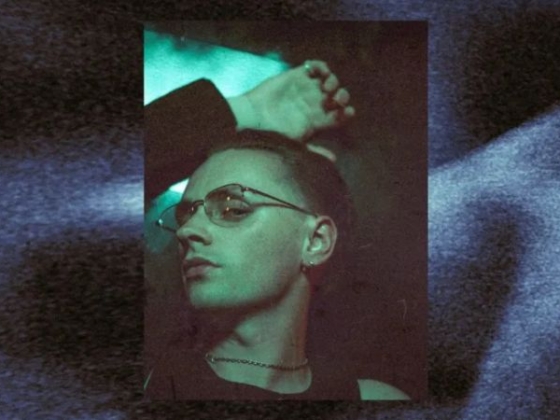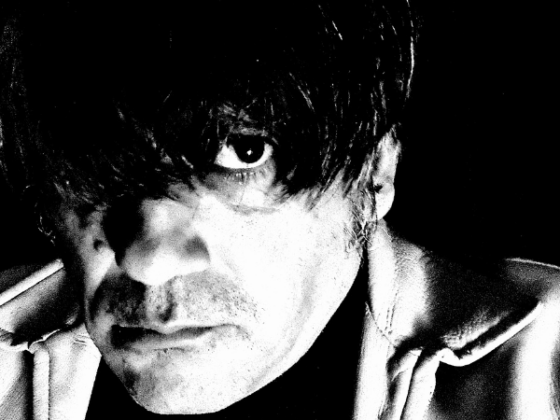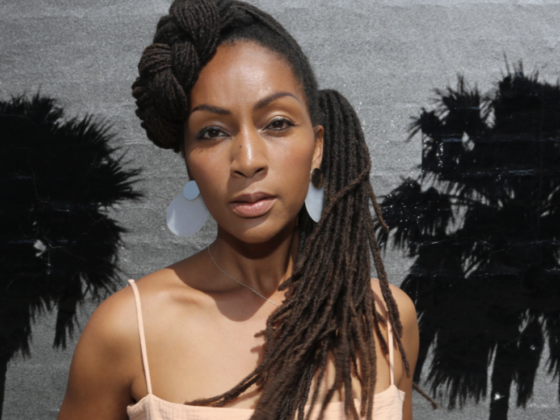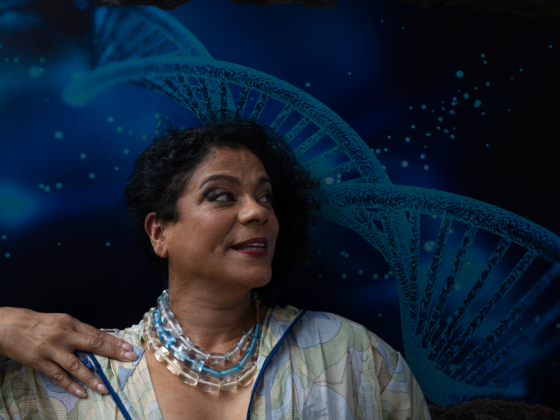LA-based electronic artist Active Child (born Pat Grossi) grew up performing in a Philly boy’s choir, so impeccably arranged melodies and harmonies have been his standard for a while now. Since his beginnings, he's gone on to record two EPs and has finally released the follow up to his highly regarded first full-length album with Mercy (out now on Vagrant Records). The assembly of Mercy was primarily on the piano and harp, providing a notably authentic contrast to his past affections for reverb and power. This difference is unintentional he says – but rather, the natural byproduct of an evolved taste and style.
The album opens with “1999,” a soft electronic ballad with R&B vibes from the turn of the century era. A deep resounding harmony acts as the groundwork to Active Child’s falsetto and is later joined by a chorus of additional voices, brass, and hand percussion. Midway through Mercy you will find the track Pat feels closest to, "Darling;" it's lilting lullaby, opening with glittering guitar and a heavy focus on the vocals throughout. The truly soul-baring track “Too Late” closes out the album, wrapping up the themes of love and loss, and growth from both, that are woven throughout the track-list.
We were able to speak to this eloquent, inspiring man about Mercy and how he's sharpened his sound. Stream it below and then read on to find out about his musical evolution, who he deems a "demi god," and what his most embarrassing stage moment was.
EARMILK: It’s been four years since your last full-length album, in that time how do you think your taste, style, sound has evolved and changed?
ACTIVE CHILD: I think most of my stylistic evolution is evident on the record. For me everything has sharpened so to speak. I’m less interested in big washes of sound and more inspired by stark, minimal, and powerful arrangements. I was more surgical this time around. I wanted clarity in my new work, both sonically and emotionally. Each sound and texture had to have its place instead of just layering for the sake of size and grandiosity.
EM: How did Mercy come together? What was the creative process for writing/recording?
AC: Mercy came together piece by piece over the last 2 years or so. My process was pretty straightforward. I would wake early around 8, and before anything I would just sit at the piano and blindly play with chord arrangements until something struck me. This is a common practice with songwriters, but I had never really used a piano as my foundation. I adore my piano more than my harp now. It is the greatest instrument on the planet in my opinion. I find nothing moves me more than just sitting and singing to simple piano arrangements.
EM: What’s the opening track “1999” about?
AC: As far as “1999,” it signified a distinct change in my life. I had just begun a new life on the west coast in LA and for the first time I was alone. I had grown up with three older brothers around, lots of good friends and family, and then suddenly I found myself in a new place with the 'new kid' tag. This was an important period for me, and in retrospect represented a clear point of growth which became a theme for the record. Although the albums focus is love, it is mostly, for me, about growing into a man and attempting to understand what loving someone really means.
EM: Is the theme of love something you consciously stuck to, or just seemed to be the thread woven throughout?
AC: It’s the thread. It has always been my creative thread and will probably prove to be my thread for years to come. To me there is nothing more mystifying than love. It’s the subject that moves me most when writing, and if I’m not moved emotionally than I’m not inspired to write.
EM: Tell us about “Too Late,” is there a reason you chose to close with this one?
AC: It was the last song I wrote for the album. “Darling” and “Too Late” were the last two songs I wrote for the record and they are the tracks that feel most relevant to me. They came out of a period of great sadness in my life where I lost someone that I loved very much. But if you listen close to the end of both there is a glimmer of hope woven within. “Too Late” finishes with the lyrics "now I know, now I know" and for me this brings a subtle closure to the emotional journey of the record. In those few words I let her know that I’ve made sense of it all.
EM: Are there any other tracks that specifically resonate with you?
AC: “Darling” feels closest to me right now, which is tough to do on an album. It will probably be most people’s least favorite, but when I listen to it I feel confident and strong, which is rare for me. It’s rare that I listen through a song without any doubts.
EM: What do you want people to take away from this album?
AC: My hope is that people find solace in these songs. This music healed me when I needed healing and I hope it can provide the same sense of compassion. The album title Mercy comes directly from this notion. It comes from me realizing that in my darkest moments I will always have music to fall back on. Even after no one cares about me or my songs, I will still have it, and I’m truly grateful for that.
EM: Any artist collaborations we can look forward to?
AC: No collaborations in the works right now, I’m too focused on getting everything inside of me out. It can be maddening sometimes, never feeling quite satisfied with what you've created. But I enjoy the chase.
EM: What is in store for this summer?
AC: This summer I am touring the US and looking forward to hopefully getting back to the UK, Europe, and Australia. But really I’ve got more ideas brewing…
EM: Where we can find you on a Saturday afternoon?
AC: Weekends I usually spend somewhere outside, either at the beach north of LA or hiking in the foothills and mountains surrounding Pasadena.
EM: What fuels your fire?
AC: My creative fire is mostly fueled by heartache which is a shame because I've found a great true love in my life. Maybe my music will change as a result. It will have to I suppose.
EM: Who is your muse?
AC: Tilda Swinton. I’m convinced she is a demi god sent here to inspire us all.
EM: Do you think about your perceived look or what you wear when performing?
AC: Of course. Aesthetics are sometimes just as important as the music. Although this music is very much me and highly personalized, there’s an expected persona that comes with it. I want to be myself, but also be bigger than myself in a sense when I get on stage. I want to puff out my chest and fill the room with my voice. It’s important for me to still live within the performance, otherwise I think it can come off as pretentious. People feel more connected to it all when they know I’m real.
EM: What product can’t you live without?
AC: I would say my phone, but that’s a given I think for most people. I guess I would have to say any audio editing program I happen to be using. They often get overlooked but without those programs I would have never written any of this music. Maybe I would have eventually stumbled upon another avenue of recording, but I get bored quickly and I expect results quickly and these modern audio programs allow us all to create on the fly.
EM: Share something funny/random/comically terrible that's happened recently.
AC: Well I played an entire show the other day with my zipper down. Luckily I'm seated the whole show so no one noticed until I stood up at the end and took a bow. So much for a larger than life persona.
And once you're done enveloping yourself in this electronica emotion, make sure to check out Active Child on his socials so you can find out when his musical healing powers will be gracing your great city.



